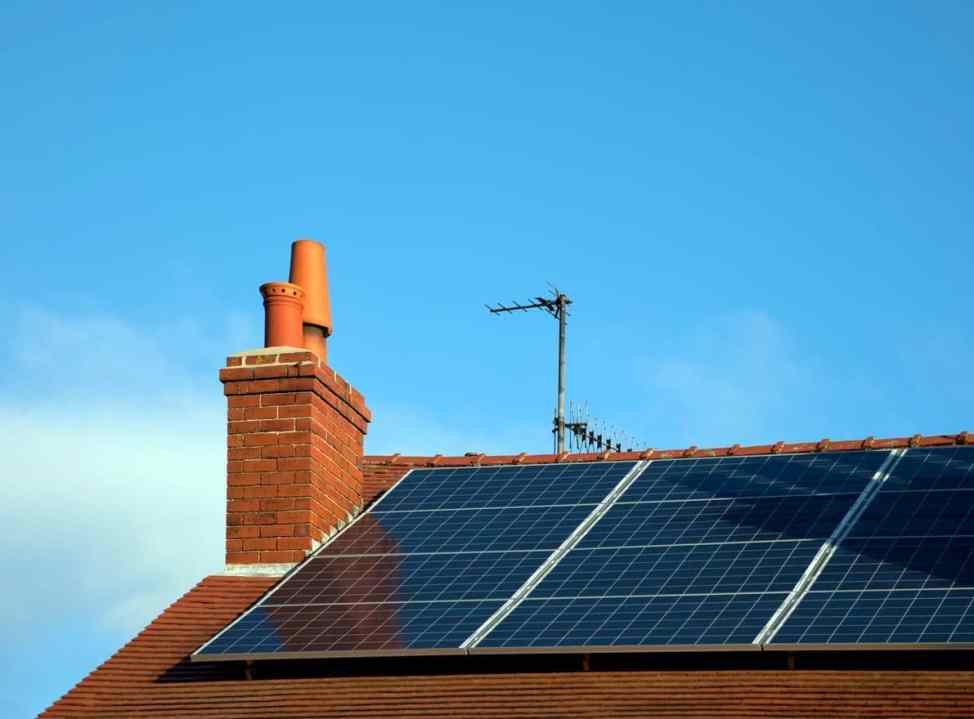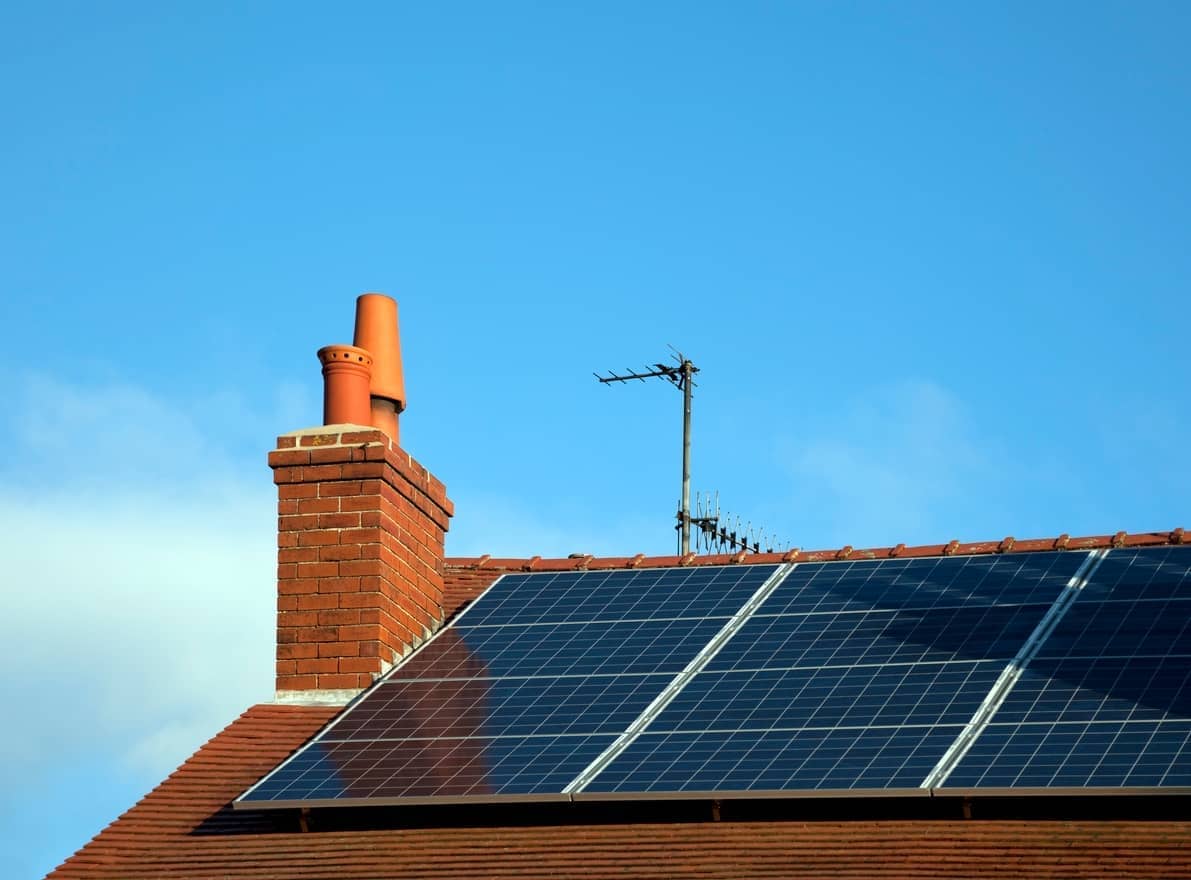It was never my intention to buy an eco-friendly home. However, when I purchased my house, two years ago, it had solar panels on the roof, insulation built into its walls, underfloor heating and a range of features designed to reduce energy consumption. Indeed, there’s no doubt that my energy bills have been lower. I find I’m not turning the heating on as often, even when it’s freezing outside. I have been able to keep the thermostat on low. In square footage terms, it’s just a bit larger than my previous abode. Yet, the energy bills are half.
The fact that energy efficient homes cost less to run should be reflected in the price. Except, in reality, that’s not the case. Location, square footage, garden size, where the sun rises and sets, off-street parking and all those other good features will have more influence in driving your home’s value.
Indeed, when I was looking for a new house, there were other factors that determined my selection. Although nice to have, I was not swayed by the eco features. In fact, like many other house hunters, a home with period features would have been more of a draw. But 2021 has seen the roll out of several new technologies: the government is pushing both air source heat pumps and hydrogen boilers. With a growing number of incentives for home owners to go green, which new technologies are actually worth investing in when it comes to achieving lasting value?
The government has previously flirted with the idea of banning the sale of homes with an energy certificate classification of E and below. And from April 2025, rental properties must be a grade C or above.
Home owners may have been given a renewed incentive to upgrade their homes but there’s a problem. In the five years since my house was built, technology has changed and the ‘state of the art’ energy efficient devices installed are out of date. The solar panels on the roof are a nice touch but the paltry amounts that come in from the energy sold back to the grid don’t make financial sense. I’m told they’ll pay for themselves over a thirty-year life expectancy. I’m glad I didn’t fund them from my own pocket as that’s a slow return to me. I’d be eighty by the time I get my money back.
Those installing solar thermal water heating can technically be paid by the government for the energy they save if this technology is installed before March 2022 but the amounts are being reduced year on year. The lesson seems to be that home owners need to capitalise on government incentives early if they are to make the technology financially viable.
Although a range of grants will become available for air source heat pumps and hydrogen boilers, the technology is changing fast, and the government funding isn’t yet in place. An air source pump works a bit like a fridge. In reverse. Extracting heat from the surrounding atmosphere and converting through pressure into heat. But the water won’t be as warm as a traditional boiler, the units are a bit bulky, and you won’t necessarily be able to install them at all properties, particularly if you live in a flat or in a listed building. If you have radiators, they’ll need to be bigger and if you don’t have the ability to use under floor heating or have insulation in the walls many of the gains could be lost. And don’t forget you still have to power the pumps with electricity to use them. Installation costs could be between £8-15,000. And that’s before you’ve made any of the other required changes to a system.
Ground source pumps are, apparently, better at extracting heat than air source because the soil beneath our feet doesn’t change much in temperature during the year, no matter what the external conditions are like. But you’ll have to dig up part of your garden and it will cost more than £15,000 to install a system.
A traditional boiler replacement will cost about £3k, including installation, and if you’re smart, you’d get one that could convert to hydrogen, should the grid ever be switched to accommodate hydrogen-powered homes. Given that the National Grid hasn’t finished testing the use of hydrogen in its existing network and no cost analysis exists for how much it would be to upgrade the grid, hydrogen is a distant prospect. Home owners will have to weigh up the fact that new boilers tend only to last around ten years with the possibility that any technology installed now is likely to be out of date by the time hydrogen becomes available.
The costs of installing eco-friendly devices are high. The technology isn’t proven yet, it’s not as efficient as one might wish to see whilst technological obsolescence is a major issue. Retrofitting an old house could be troublesome and expensive. And if you ruin the aesthetic of a period home, its eco-credentials could do more harm to its value than good.
My conclusions are simple. If you’re building a new home, by all means put in all the ecological features you can. You’ll save money on the running costs and buyers may be persuaded that this makes for a good or sound purchase when it comes to the moment for you to sell it on. The argument to retrofit a home is more complex. The numbers don’t add up and many of the savings won’t recompense you for the outlay whilst the limitations in performance may frustrate you. My advice is to wait until your system needs replacing and that’s the moment to decide if an eco system is right for you. Just don’t expect to recoup the money you spend when it comes to selling.






Comments